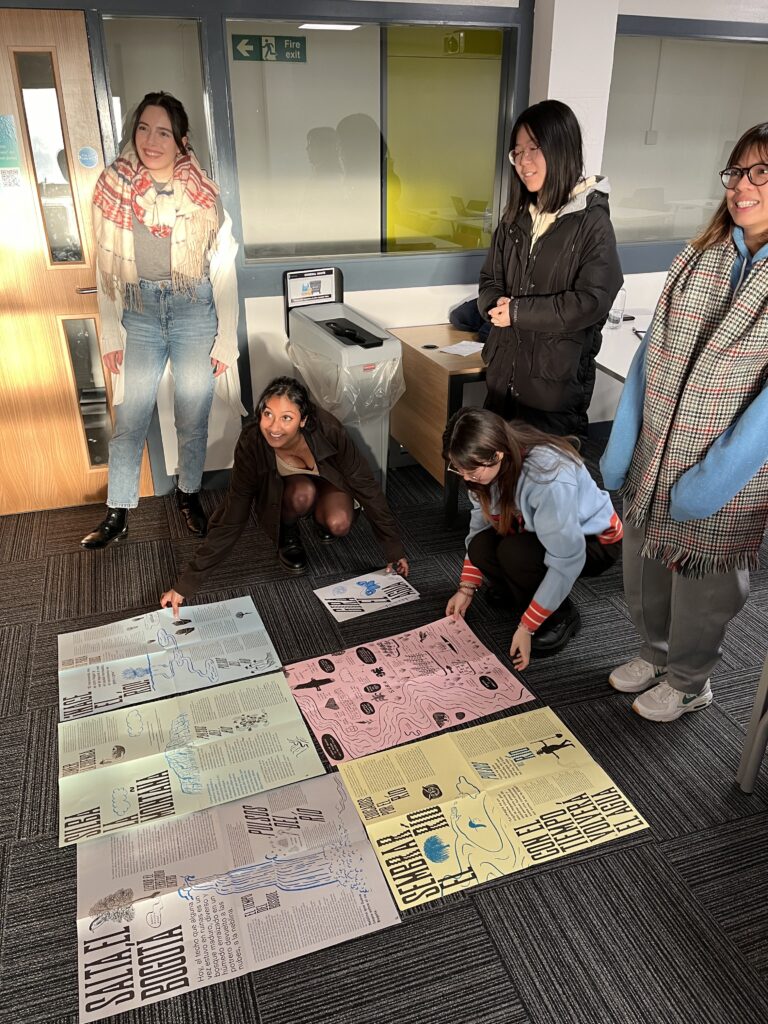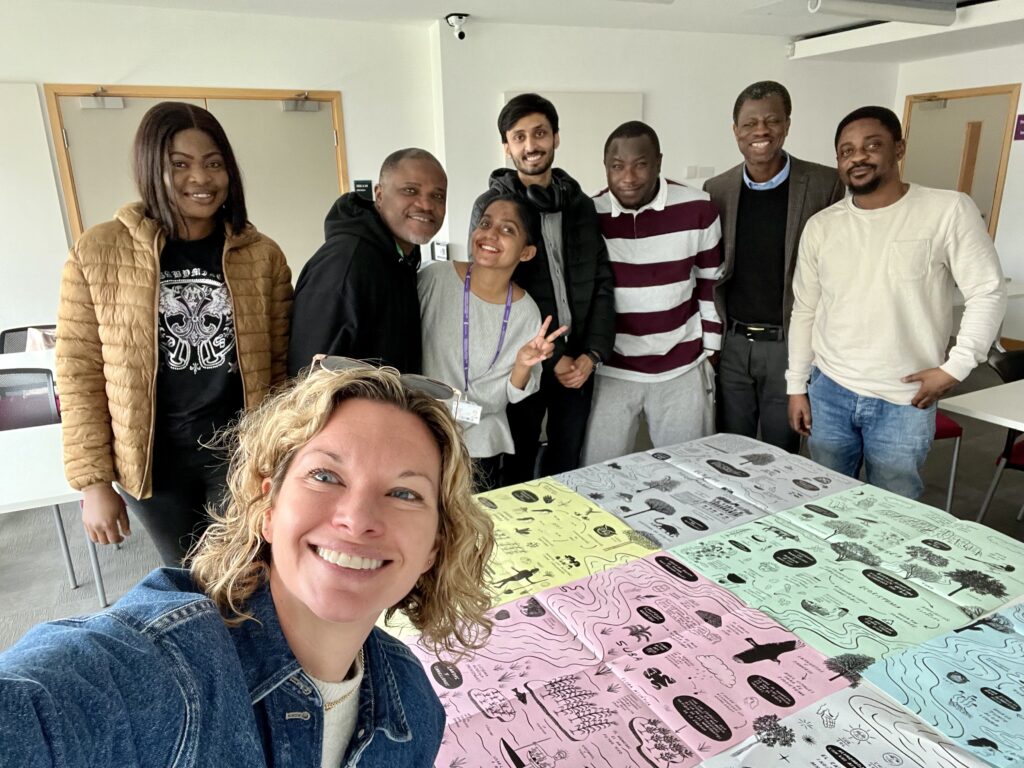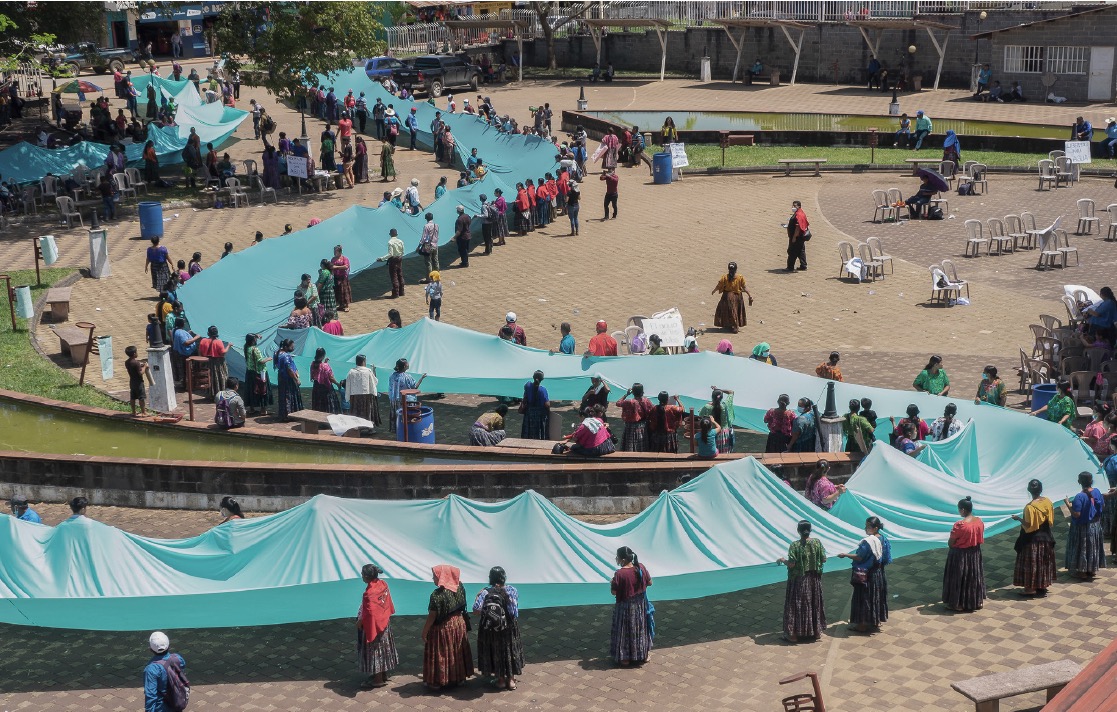Interdisciplinary Learning
I gain deep satisfaction from designing and delivering interdisciplinary courses in Area Studies and Environmental Humanities. As director of Essex’s BA Global Studies and MA Environment, Society and Culture, I was tasked with creating a capstone and compulsory course to develop students’ research interests and professional skills. Water Conflicts, Water Cultures: Interdisciplinary Problems in Global Context has also proved a consistently popular elective as well. The course has innovated pedagogy in four major ways.
- To support the wide range of ages, backgrounds and skills in our diverse cohorts, the lectures bring together final-year undergrads and graduate students to foster collaboration across disciplines and educational levels.
- I integrated formative, creative writing exercises to ignite students’ personal, embodied connections to water and thus get them thinking about the issues that really interest them.
- To ensure the curriculum was truly multidisciplinary, I integrated lectures by colleagues in Life Sciences, Environmental Justice, Sociology, History, and Literature. The challenges students face of moving between disciplines, methods and contexts is supported by constant group work, where I encourage groups to draw on their diverse backgrounds to support each other in metabolizing such varied course materials.
- To boost professional development, I built in seminars with local civil servants and global water consultants involved in policy-making, and river activists engaged in the defence of rivers and Indigenous territories.
Creative Exercises, Collaborative Dynamics
Students prepare for these sessions by reading policy documents, consultancy reports and researching territorial conflicts, a task that enables them to connect theories and methodologies with real-world challenges and their potential professional futures. Then, they develop their own research projects, presenting initial proposals and sharing advances with their peers in class. As they go out into the world after graduation, it’s thrilling to see how their final research papers become powerful elements of their personal narratives and future ambitions.



